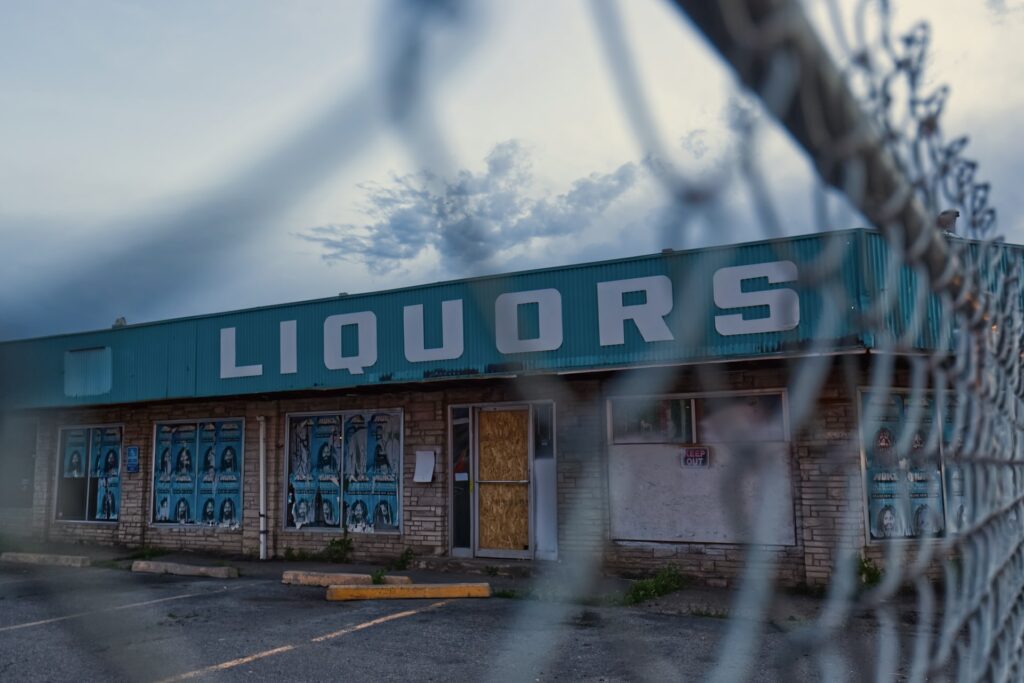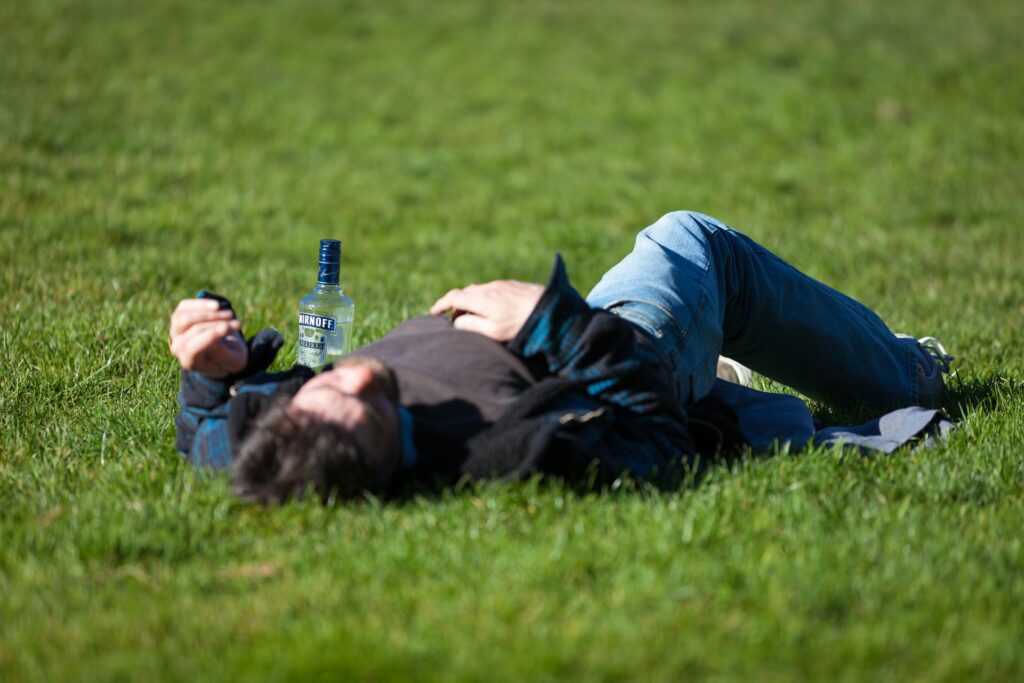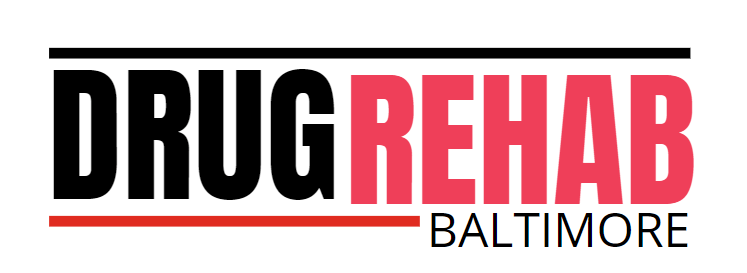When you contact them to offer assistance with addiction recovery treatment, they may or may not reply positively. Seeing a loved one battle with addiction can be distressing. Whether or not they are willing to change is highly dependent on their mindset.
Addiction Treatment Preparation
People prepare to face their predicament as their acceptance of it grows. A person begins to take little measures toward rehabilitation at this stage. They may still be frightened or concerned about the outcome. Nevertheless, poised to act shortly, most likely within the next month. They take steps toward the change they know they must make, believing it is the best option for them.
Conversations with addiction treatment professionals could be one of these modest steps.
Action
An individual believes that by taking certain acts, their mental and physical health would improve.
Choices that propel a person toward recovery define the action stage. They intend to continue acting in this manner in the future.
Their willingness to change is evident in their actions. A person may be in therapy, undergoing treatment at an addiction treatment facility, or participating in a recovery support group. In the action stage, a person is tackling the difficult task of confronting reality and discomfort.

Relapse
When stimuli become too much to bear, a relapse might occur. Relapse isn’t always a component of the healing process. It could happen after a short time of abstinence, years later, or never at all. They may feel compelled to use it again when they recall habits and sensations. Relapse can be upsetting, but it can also teach you a lot about your recovery. A person may visit a familiar area or speak with an old friend who has been involved with substance abuse.
Maintenance
It is not a static stage, despite its name. A person suffering from addiction may feel compelled to return to previous thought habits. They may be reminded of their addiction habits by triggers and social relationships. The goal of the maintenance stage is to keep the changes made in the preceding stages.
A person in recovery will develop new behaviors. Maintaining healing requires attention and attentiveness. They might start exercising, eating better, and learning new social skills. They’ll prevent recurrence by applying what they’ve learned in treatment or support groups.
Preparation for Addiction Treatment
Someone may be contemptuous about addiction treatment. When someone brings up their use, they may downplay the issue or become defensive. A person who is abusing substances at this level has no intention of changing. Even if others witness the repercussions, they may not believe their substance abuse is an issue. A dialogue about recovery may not get very far if they don’t believe there is a problem.

Contemplation
Even if a person is still apprehensive, they can recognize the benefits of doing things differently. People have begun to acknowledge their usage in some way at this time. Conversations concerning drug and alcohol abuse have become more sophisticated. They analyze the advantages and disadvantages of their circumstance. While a person may be considering drug rehab, they may also be concerned about their chances of success.
After completing addiction treatment, you must work through the process of change.
Understanding the stages of change will help you better comprehend the addiction treatment process. It’s never simple to make a change, especially when dealing with a complex issue like an addiction.
Since we care about you, we want to assist you beat your addiction. Please do not hesitate to call us at (667) 215-5549 if you have any questions.


Recent Comments